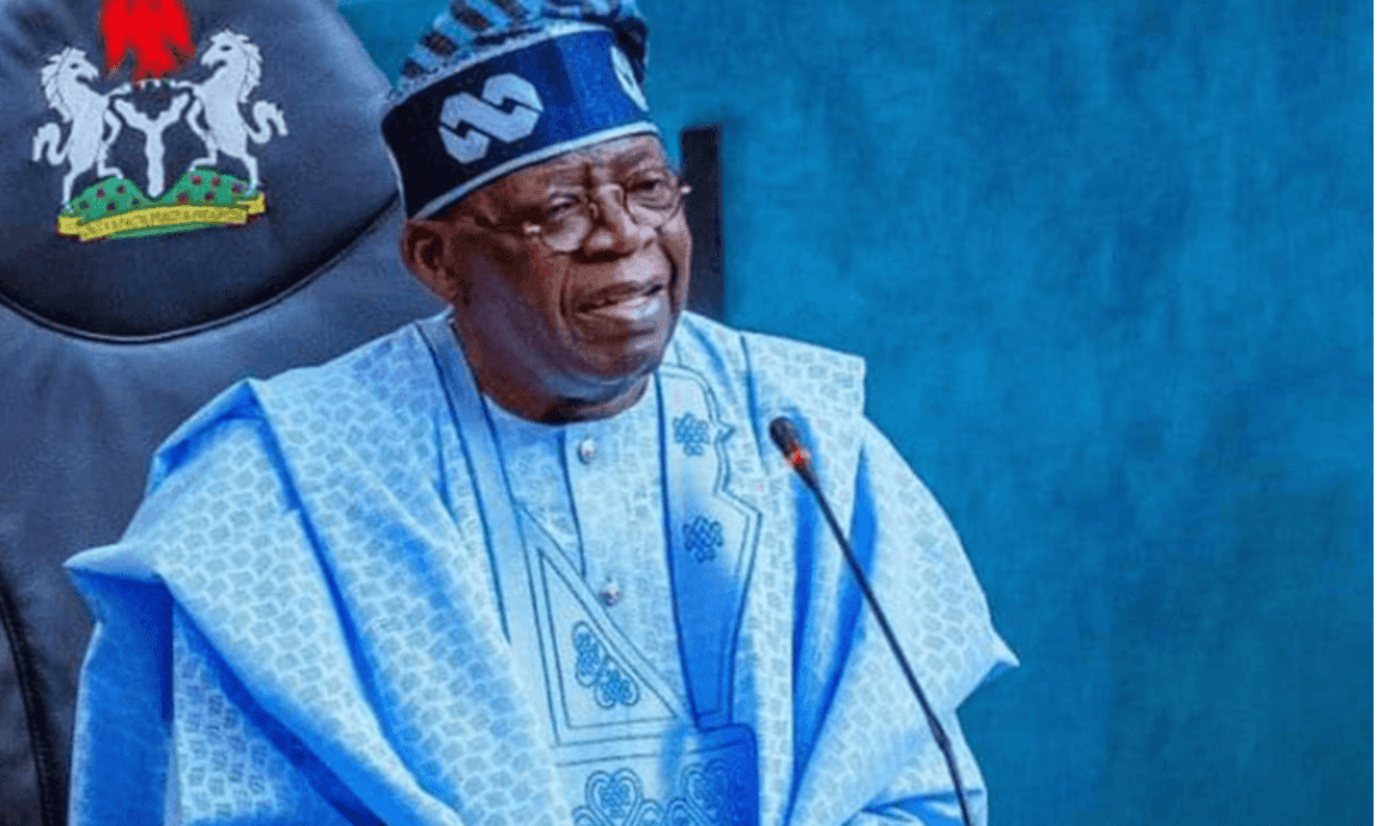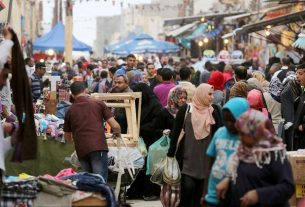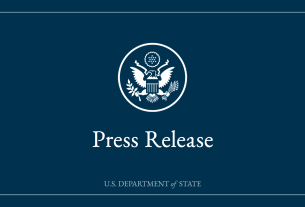In response to the suspension of USAID funding, which has disrupted vital healthcare programs in Nigeria, the Nigerian government is stepping in to support the health workers impacted by the funding cuts. The US decision to halt funding for essential health initiatives, including the President’s Emergency Plan for AIDS Relief (PEPFAR), which provides treatment for diseases such as HIV, tuberculosis, and malaria, has created significant challenges. To address the immediate impact on health workers, the Nigerian government has committed to covering their salaries until the situation is resolved.
Nigeria’s Coordinating Minister of Health, Dr. Muhammad Pate, emphasized that the country must reduce its reliance on foreign aid and take full responsibility for its healthcare system. While acknowledging the crucial role USAID has played in funding healthcare treatment in the country, Dr. Pate noted that Nigeria must focus on self-sufficiency moving forward. “It’s time to invest more in our own healthcare system to make it sustainable in the long run,” Dr. Pate said.
To address the situation, the Nigerian government has allocated an additional 300 billion naira in its 2025 budget for the health sector. This fund is earmarked to cover the salaries of approximately 28,000 health workers affected by the USAID funding suspension. This support will ensure that these workers can continue their vital services until a permanent solution is reached. In addition, Nigeria is looking to enhance its domestic capacity by increasing local production of essential medicines, including antibiotics, which have traditionally been imported from abroad.
While working to stabilize the healthcare system, Nigeria is also facing challenges stemming from stricter US immigration policies. In particular, Nigeria’s Minister of State for Foreign Affairs, Mrs. Bianca Odumegwu-Ojukwu, has appealed to the Trump administration to adopt a more lenient approach to deportations of undocumented Nigerian immigrants. Approximately 201 Nigerians are currently being held in US immigration camps, with around 85 already approved for deportation.
Mrs. Bianca Odumegwu-Ojukwu has called for a more compassionate approach to the issues of those affected with the hope they would be allowed judicial access and ensure the process follows the laid out rules under immigration law, she however stressed that in the event deportations are to be carried out, it should be in a way that respects the dignity of the individuals involved, emphasizing the emotional and financial hardships faced by deportees and their families. “If deportation is necessary, it should be done with dignity,” Mrs. Bianca Odumegwu-Ojukwu stated. She also stressed that deportees, particularly those without a history of violent crime, should be given ample time to manage their affairs before being repatriated to Nigeria.
The first group of deportees, including those convicted of crimes, will be returned to Lagos. Mrs. Bianca Odumegwu-Ojukwu also raised concerns about the broader economic impact on families in Nigeria, as many depend on remittances sent by relatives working in the US.
The Nigerian government continues to engage with US authorities to ensure that deportations are carried out in line with established protocols, with a focus on compassion and fairness. As the US administration has made immigration enforcement a top priority, the Nigerian government is advocating for a balanced approach that considers the well-being of its citizens while addressing immigration concerns.
In summary, as Nigeria takes responsibility for supporting USAID-affiliated health workers affected by funding cuts, the government is also calling on the Trump administration to consider a more humane and dignified approach to deportations. Nigeria remains committed to addressing both the immediate challenges presented by foreign aid cuts and the broader issues of immigration and deportation.



